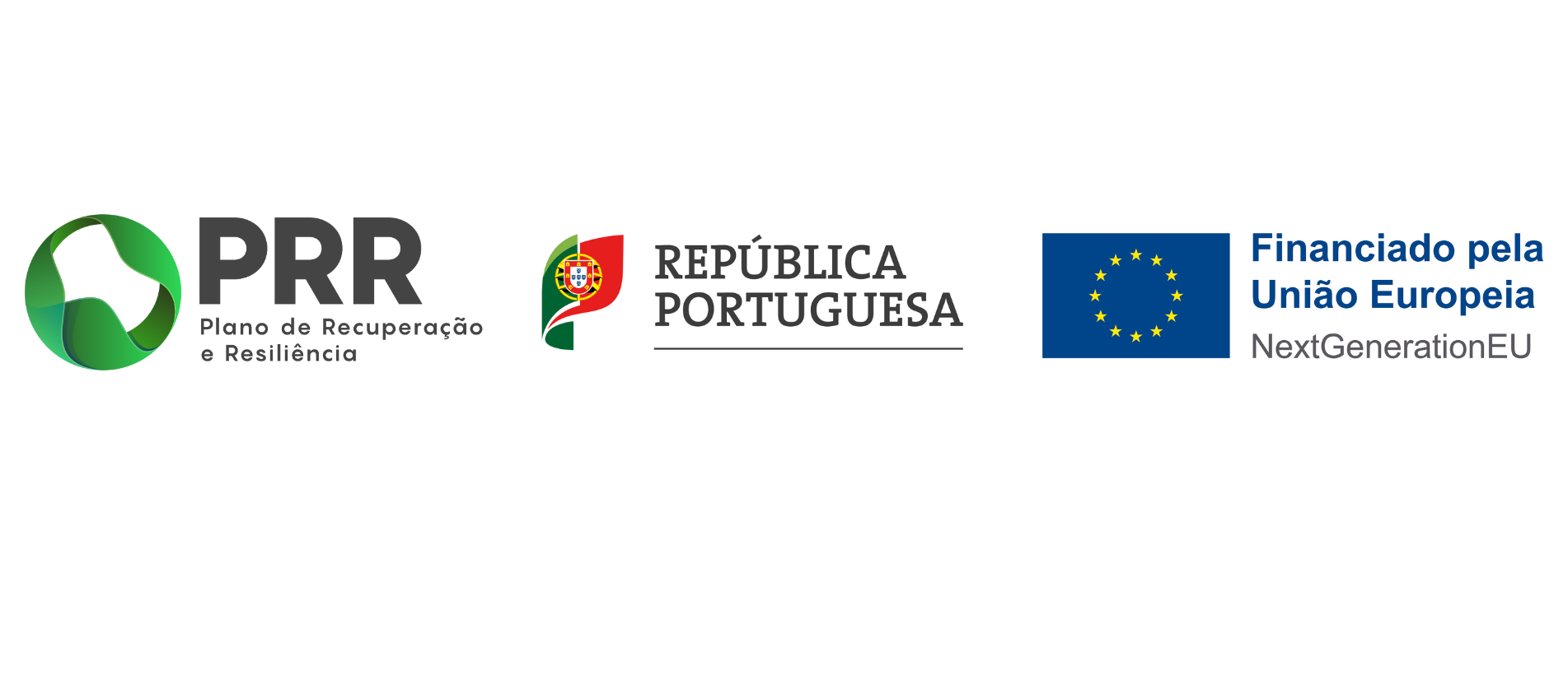Back

/
/

Regulation (EU) 2021/241 of the European Parliament and of the Council of 12 February establishing the Recovery and Resilience Facility (RRF) provides for financial support to Member States with a view to achieving the milestones and targets of reforms and investments aimed at mitigating the economic impact of the COVID-19 crisis, namely in the area of social and territorial cohesion.
In this context, following a public consultation process, Portugal submitted its National Recovery and Resilience Plan to the European Commission, and it was approved. With the publication of Decree-Law No 29-B/2021 of 4 May, the governance model for the European funds allocated to Portugal was established through its Recovery and Resilience Plan (RRP).
The RRP in its Component 03 – Social Responses recognises the need to promote integrated action programmes to support disadvantaged communities in the Lisbon and Porto Metropolitan Areas by addressing the multiple vulnerabilities of these territories, in order to reverse the logic of sectoral action, replacing it with local-based multisectoral actions that allow a more robust and combined response to the challenges faced by these communities.
To achieve this, the RRP envisages a set of investments through the adoption of integrated approaches to fight poverty and exclusion of disadvantaged communities in the Metropolitan Areas.
With an allocation of EUR 121.5 million, the plan will be implemented between 1 January 2022 and 31 December 2025 in the 17 municipalities of the Porto Metropolitan Area.
The funds will be invested in intangible interventions (culture and creativity; education; citizenship and community empowerment; employment and local economy; health; and social enhancement, for example) and material interventions (recovery of public space).
Territorial Action Plans are expected to be submitted during March 2022.
According to the Action Plan for Disadvantaged Communities in the AMP (APDC-AMP), the design and construction of a strategic approach to intervention in disadvantaged communities in the Porto Metropolitan Area (AMP) involves confronting a set of complex, relevant and systemic challenges for which it is essential to find combined and integrated solutions and responses in the context of the Action Plans for Integrated Operations on Intervention Territories (APIOIT) and Individual Operations that may be supported, namely:
Urbanistic Challenge: to make a city through territorial identification processes.
Environmental Challenge: to emancipate communities through sustainability.
Health and Safety Challenge: to promote experiences based on well-being, health and safety.
Upskilling and Competence Challenge: to promote learning and active communities.
Cultural Challenge: to appreciate memories and cultural participation.
Digital Challenge: to oppose info-exclusion and promote innovation.
New Equipment Generation Challenge: to suit new social problems and responses.
Institutional Challenge: to empower the institutional fabric.
Innovation Challenge: to induce transformative solutions and approaches.
In addition to responding to the challenges set out above, the APIOIT and the individual operations must contribute to the achievement of the Strategic Goals of the APDC-AMP and be in line with the priorities set out in the Action Lines listed below:
To reduce poverty and exclusion by promoting access to public housing, space and services, health and well-being and quality of life.
To value and expand skills and to increase the resilience of communities.
To promote and upskill institutional resources and partnerships for social inclusion and innovation.
#PRR #NextGenerationEU #NextGenEU #construirofuturo #resiliencia #transicaodigital #transicaoclimatica #somosprr

Archive
Share
news

